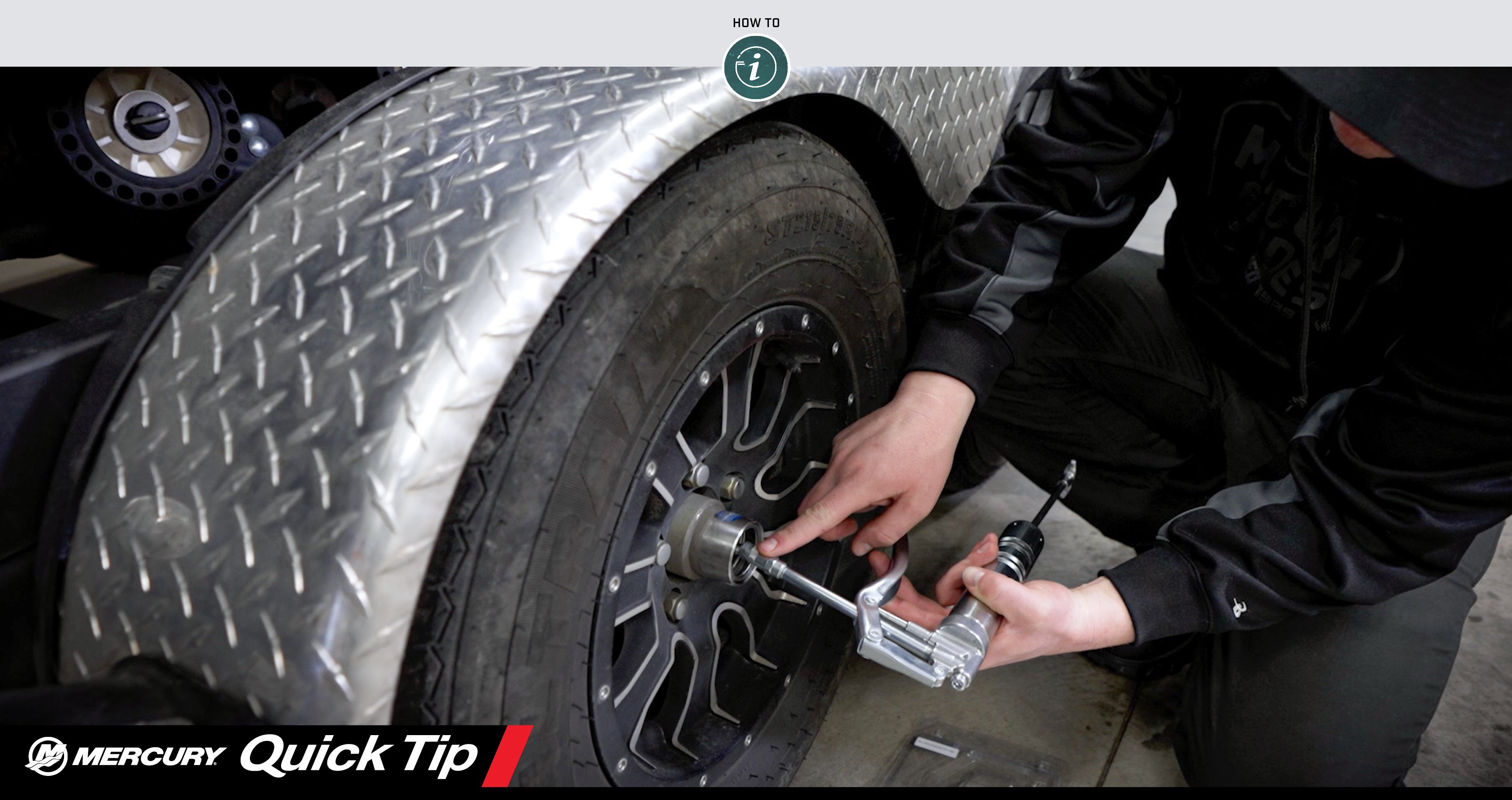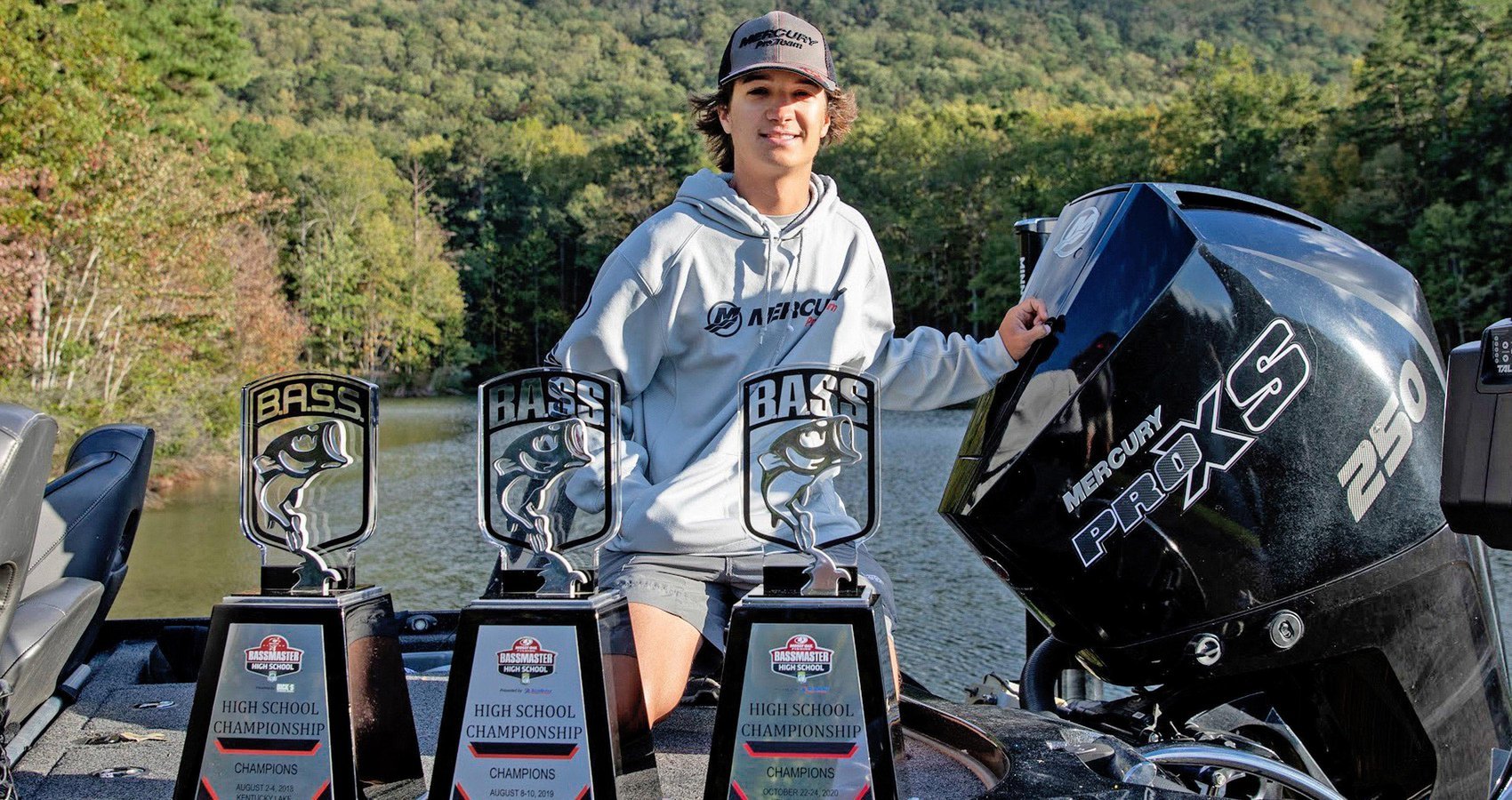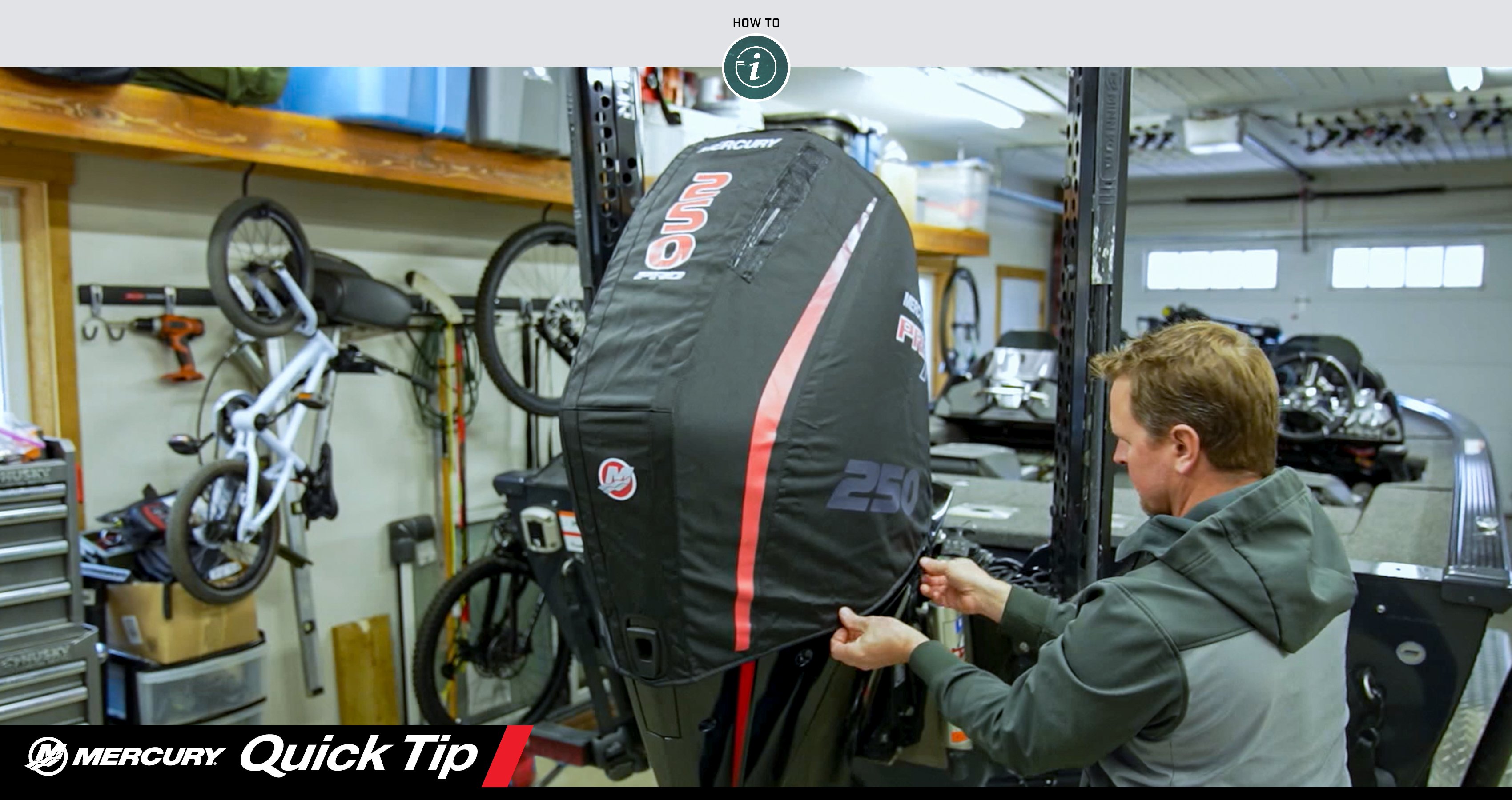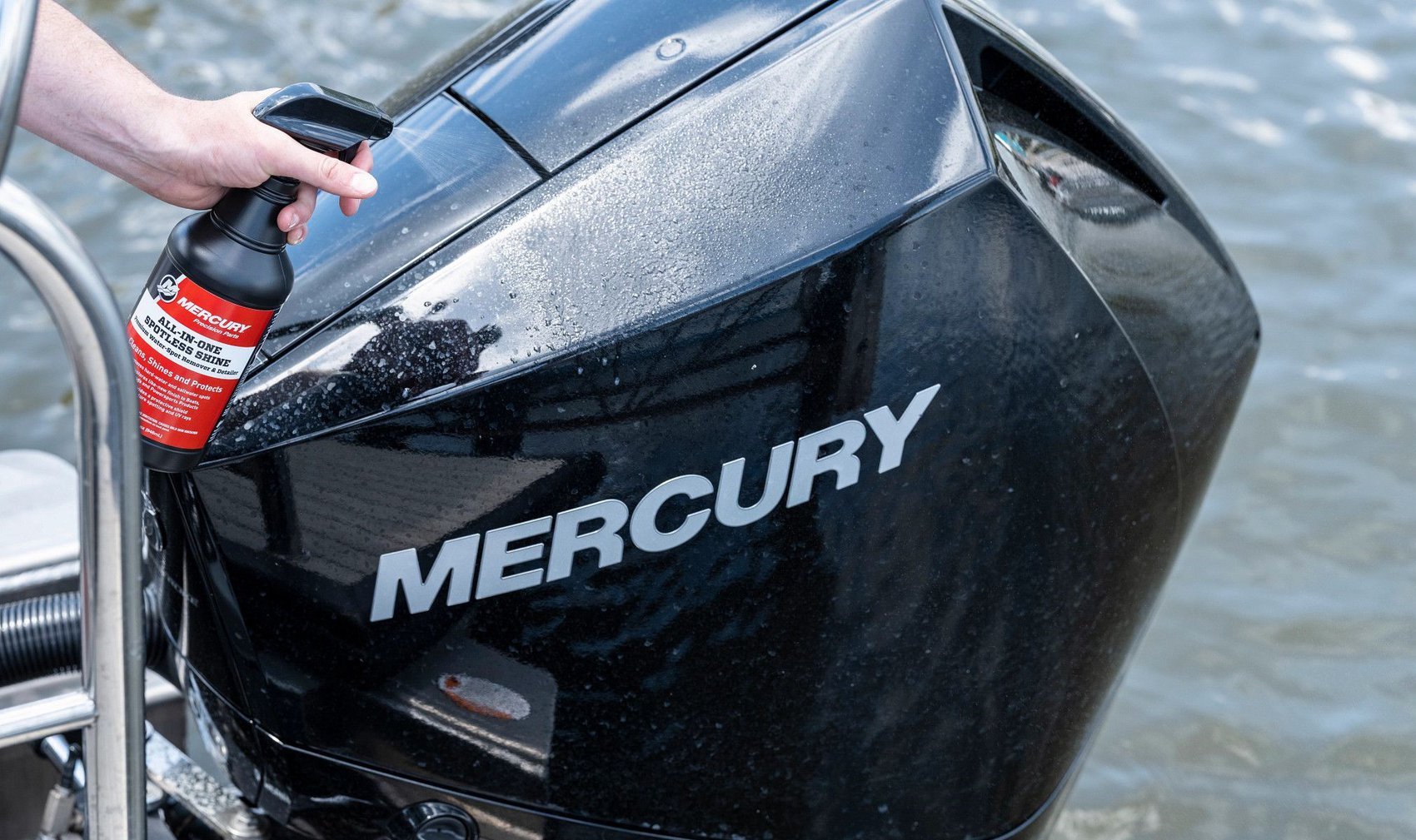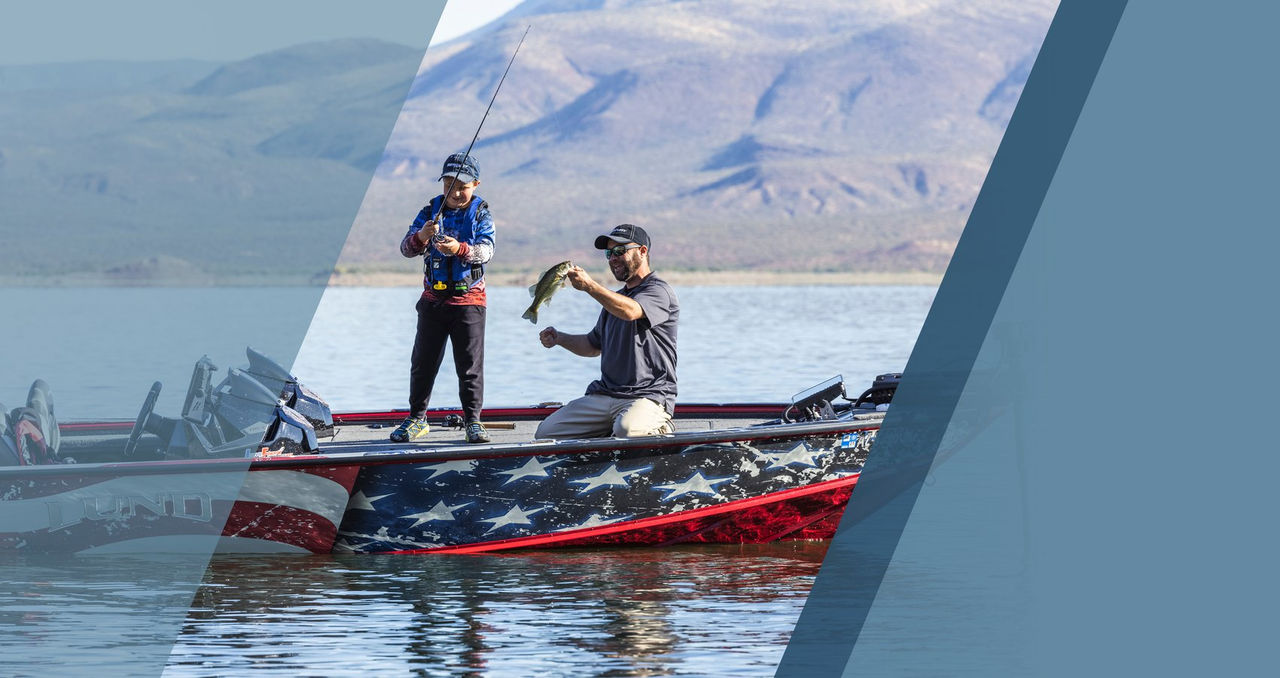Caring for the fish you catch in hot weather is vital for catch-and-release anglers. Just as hot summer days can stress out we humans, the hot weather also stresses the fish. As temperature goes up, dissolved oxygen levels in water go down. In many cases, this significantly reduces a fish’s ability to survive an encounter with an angler. In fact, in many parts of the nation the authorities discourage catch-and-release fishing once air and water temperatures go beyond a certain point. During some hot summers, agencies ranging from the New York Department of Environmental Conservation to the Maryland Department of Natural Resources to the Wyoming Game and Fish Department issue advisories asking anglers to give the fish a break until the weather cools off. Likewise, in some areas commonly known as “thermal refuges,” where fish may stack up to find cool water during the heat of summer, fishing is actually banned once temperatures reach a certain mark.
So, along with consulting your state’s summer regulations and advisories, how should a conscientious angler alter his or her behavior during the dog days of summer?
Consider this fish-saving hot-weather angling advice:
- Fish early and late in the day when it’s cooler outside, because air temperature can have as big a bearing on fish survival rates as water temperature does. Studies have shown that striped bass catch-and-release mortality, for example, jumps from 0.8% to as high as 17.2% when air temperatures exceed 95 degrees.
- Try to unhook and release fish while they’re still in the water to minimize their exposure to very high air temperatures. If you want to get a quick picture — don’t we all? — keep the fish in the water while your partner readies the camera. Then take a quick shot and release the fish as soon as possible. If you hold it up long enough that it stops dripping, you’ve likely kept it out of the water too long.
- Warm-weather mortality rates will vary by fish and fishery as well as by geography, so do your due diligence and study up on the fisheries you plan to target. It’s up to each of us to know at which water or air temperatures the fish we’re targeting will be stressed, and to consider altering the species or the body of water to target in order to go after fish that can better handle the weather conditions.
- In exceptionally hot weather consider postponing your fishing trip. If you do go and you expose fish to high-mortality conditions, consider keeping the fish that you have caught even if you don’t like to eat them. It’s better to share the fillets with a neighbor than to release a fish that you know is likely to die and go to waste.
- If you’re keeping fish alive in a livewell for tournament purposes, run the livewell pump continuously and use an aerator or oxygen-injection system to keep the dissolved oxygen levels in the livewell as high as possible. Visit the Texas Parks and Wildlife Livewell Management page to learn more about the best practices for keeping fish alive in livewells during the summer months.
- Always use best catch-and-release practices. If you’re not already familiar with the best ways to handle fish prior to release, read Conservation: Learn How to Properly Catch and Release Fish.
- Use slightly oversized gear that allows you to reel the fish in quickly. Long fights exhaust the fish, and compound the stresses they’re under.
- Don’t target deep-water species that thrive in cool water. Some, like salmon, may be swimming down deep in water that’s as cool as 45 or 50 degrees even when surface temperatures may be 70 or more degrees. Merely reeling them up through the 20-degree temperature change, much less exposing them to 90-degree air, could be fatal. Add in the possibility of barotrauma injury, always present when reeling a fish up from deep water, and there’s a good chance the fish you release won’t survive.
Even anglers who plan to keep all the fish they can should still think about the heat before they go fishing during the summer, because none of us can prevent catching undersized fish now and again. Those little fish we release today will be the trophies of tomorrow — but only if they survive to bite and then fight another day.
